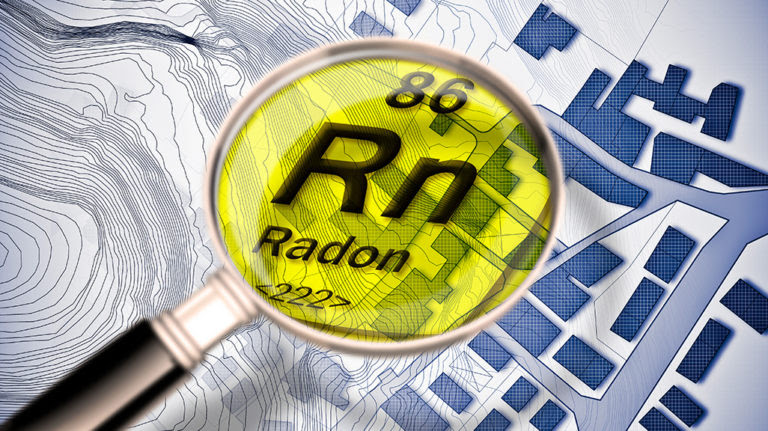Radon is a naturally occurring,
odorless, and invisible radioactive gas that can seep into homes from the ground.
Exposure to it can cause lung cancer,
according to the Environmental Protection Agency (EPA) and PA Department of
Environmental Protection (DEP). The only way to know whether a home has radon
is to do a radon test.
The EPA recommends that all homes
be tested for radon and that corrective action be taken if the radon level is 4
picocuries per liter (4 pCi/L) or higher. In PA, more than 40% of homes are estimated
to have radon levels higher than 4 pCi/L, according to the PA DEP. Information about radon’s health risks and radon
reduction can be found on the EPA’s web site.
Home buyers in our area usually include
a radon test as part of their offer. When test results show radon higher than
the EPA action level, buyers typically ask the sellers to install a radon
mitigation system prior to closing. Even when the sellers have disclosed that a
radon mitigation system is already in place, buyers are still likely to test to
confirm that the system is working.
Though most buyers do a radon
test, some choose to waive the test if their offer is one of several competing offers.
If you fall into this category, you
should still test for radon after closing and take corrective action if the radon
level is high.
Photo courtesy of the
PA Association of Realtors
You Might Also Like
Buying Your First Home
What Items Are Included in a Home
Sale?
Should You Buy or Sell First?
See more of Annette’s articles on related real estate topics. If you’re planning to buy or sell a
home, contact Annette at (610) 247-7892 or annette@preferredhomes.com
#realestate #housing #radon #radonsystem #EPA
Copyright (c) 2021 by Annette
Nelson. All Rights Reserved.



